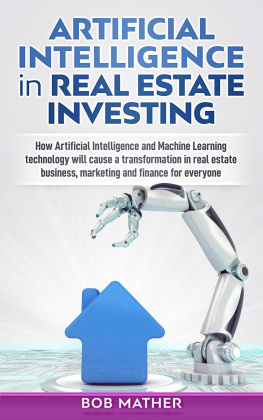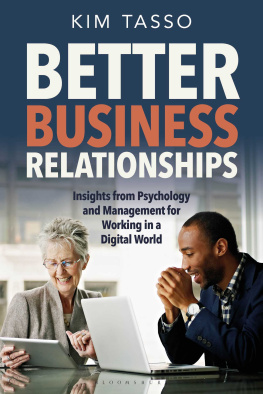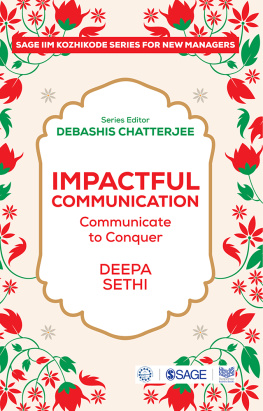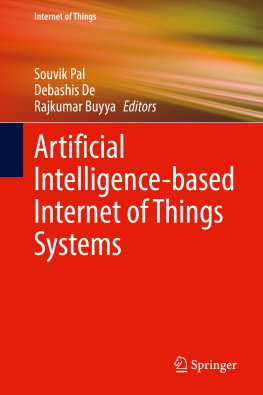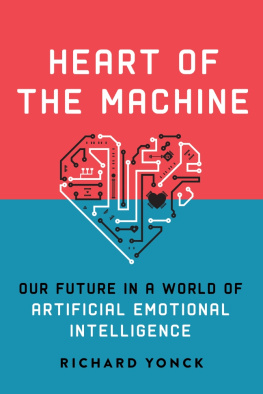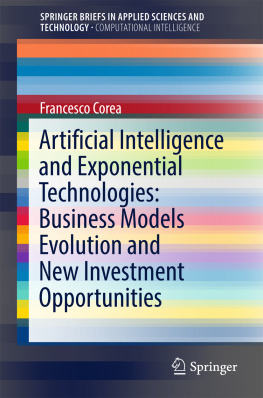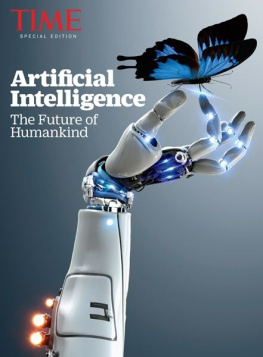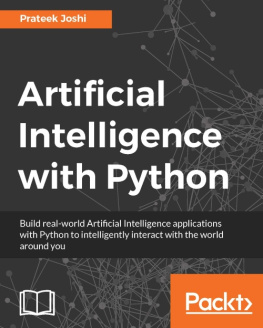Table of Contents
List of Tables
- Chapter 4
- Chapter 5
- Chapter 7
- Chapter 10
- Chapter 15
- Chapter 18
- Chapter 19
- Chapter 20
- Chapter 23
- Chapter 26
List of Illustrations
- Chapter 5
- Chapter 9
- Chapter 10
- Chapter 14
- Chapter 19
- Chapter 22
- Chapter 23
- Chapter 24
- Chapter 25
- Chapter 26
Guide
Pages
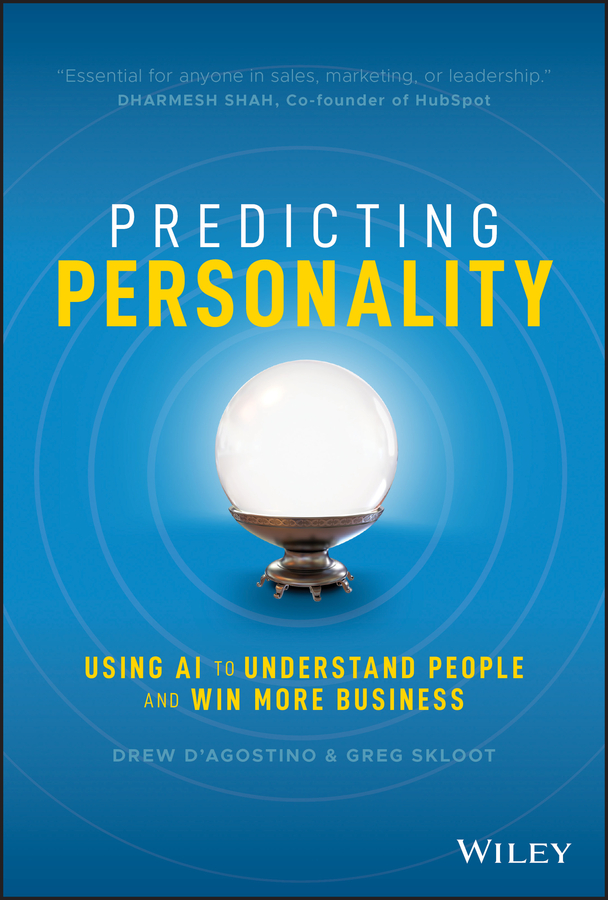
PREDICTING PERSONALITY
USING AI TO UNDERSTAND PEOPLE AND WIN MORE BUSINESS
DREW DAGOSTINO & GREG SKLOOT

Copyright 2020 by John Wiley & Sons, Inc. All rights reserved.
Published by John Wiley & Sons, Inc., Hoboken, New Jersey.
Published simultaneously in Canada.
No part of this publication may be reproduced, stored in a retrieval system, or transmitted in any form or by any means, electronic, mechanical, photocopying, recording, scanning, or otherwise, except as permitted under Section 107 or 108 of the 1976 United States Copyright Act, without either the prior written permission of the Publisher, or authorization through payment of the appropriate per-copy fee to the Copyright Clearance Center, Inc., 222 Rosewood Drive, Danvers, MA 01923, (978) 750-8400, fax (978) 646-8600, or on the Web at www.copyright.com. Requests to the Publisher for permission should be addressed to the Permissions Department, John Wiley & Sons, Inc., 111 River Street, Hoboken, NJ 07030, (201) 748-6011, fax (201) 748-6008, or online at http://www.wiley.com/go/permissions.
Limit of Liability/Disclaimer of Warranty: While the publisher and author have used their best efforts in preparing this book, they make no representations or warranties with respect to the accuracy or completeness of the contents of this book and specifically disclaim any implied warranties of merchantability or fitness for a particular purpose. No warranty may be created or extended by sales representatives or written sales materials. The advice and strategies contained herein may not be suitable for your situation. You should consult with a professional where appropriate. Neither the publisher nor author shall be liable for any loss of profit or any other commercial damages, including but not limited to special, incidental, consequential, or other damages.
For general information on our other products and services or for technical support, please contact our Customer Care Department within the United States at (800) 762-2974, outside the United States at (317) 572-3993 or fax (317) 572-4002.
Wiley publishes in a variety of print and electronic formats and by print-on-demand. Some material included with standard print versions of this book may not be included in e-books or in print-on-demand. If this book refers to media such as a CD or DVD that is not included in the version you purchased, you may download this material at http://booksupport.wiley.com. For more information about Wiley products, visit www.wiley.com.
Library of Congress Cataloging-in-Publication Data
Names: DAgostino, Drew, author. | Skloot, Greg, author.
Title: Predicting personality : using AI to understand people and win more business / Drew DAgostino, Greg Skloot.
Description: Hoboken, New Jersey : John Wiley & Sons, Inc., [2020] | Includes index.
Identifiers: LCCN 2019040992 (print) | LCCN 2019040993 (ebook) | ISBN 9781119630999 (hardback) | ISBN 9781119631033 (adobe pdf) | ISBN 9781119630968 (epub)
Subjects: LCSH: Personality assessment. | Interpersonal communication. | Customer relationsPsychological aspects. | MarketingPsychological aspects. | Psychology, Industrial.
Classification: LCC BF698.4 .D34 2020 (print) | LCC BF698.4 (ebook) | DDC 658.8001/9dc23
LC record available at https://lccn.loc.gov/2019040992
LC ebook record available at https://lccn.loc.gov/2019040993
Cover Image: Wiley
Cover Design: temniy/Getty Images
For the Crystal team, who have made it their mission to help others understand each other better, communicate more effectively, and build stronger relationships.
INTRODUCTION
Since our world has become hyper-connected, it has also become hyper-skeptical. As a result, it is harder than ever to communicate well and build trust with new people.
Most people who need to sell products, convince others to join their team, or drive their audience to take action already know this because their jobs have become harder. As entrepreneurs who spend most of our time talking to, meeting with, and emailing people with specific goals in mind, Greg and I have felt this pain acutely. Throughout our careers, we have repeatedly gotten communication wrong, and it has been costly at times:
- We have sent countless outreach emails that never got a response because they weren't compelling enough.
- We have given lengthy pitches that eventually lost the attention of our audience because we didn't focus on the value that they cared most about, nor did we deliver the message in a way that resonated.
- We have let promising opportunities slip away because we didn't follow up with the right approach.
- We have allowed important meetings to get derailed because we didn't manage conflict well.
- We have seen entire companies fall apart because of miscommunication and misunderstanding at the top levels of management.
Some of these communication failures were a result of our ignoranceearly in our careers we were often naive about how people thought, behaved, and made decisions. Some of them resulted from our lack of informationwe were not always prepared to approach these conversations in the right way or with the right data. Some of them were driven by technologythe sheer abundance of online communication channels can make it almost impossible to cut through the noise.
So, we were faced with the same burning question that most executives, managers, salespeople, marketers, recruiters, and consultants face every day: How can we understand people better? Our careers depended on finding the answer.
DOUBTING THE USEFULNESS OF PERSONALITY MODELS
As we searched for solutions, we were introduced to personality profiles like DISC, which claimed to measure, describe, and even predict human behavior. It sounded ridiculous at first, and we were skeptical of these claims. People were too complex. Their behaviors, motivations, and communication styles were too diverse to label with personality types. Personality models like DISC, Myers-Briggs Type Indicator (MBTI), Enneagram, and the Big Five were a tiny step away from horoscopes and should not be trusted right?
Well, after a few humbling but fruitful experiences that we will explain later in this book, both of us have learned that the answer is much deeper than that. And it all revolves around empathy.
Some of the most successful and recognizable business influencers in the world, like Tony Robbins, Ray Dalio, and Dave Ramsey, have evangelized their own unique philosophies of empathytaking the time to understand how others think and adapting to themoften with the guidance of a personality model like DISC. When we started applying these lessons to our own lives, accepting people as they are rather than projecting our own assumptions onto them, we witnessed the incredible power of personality models firsthand.


